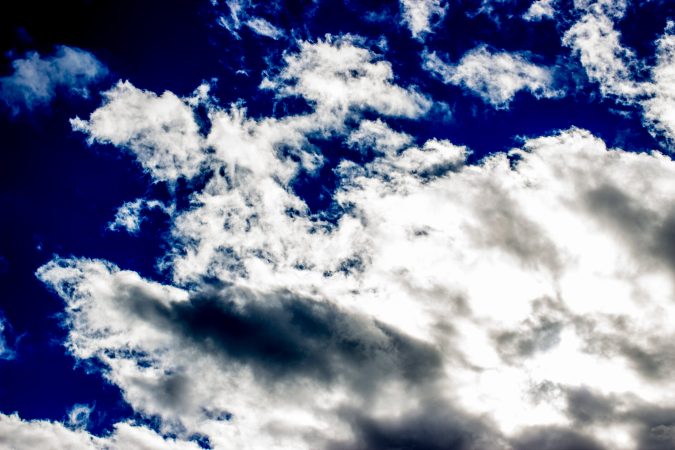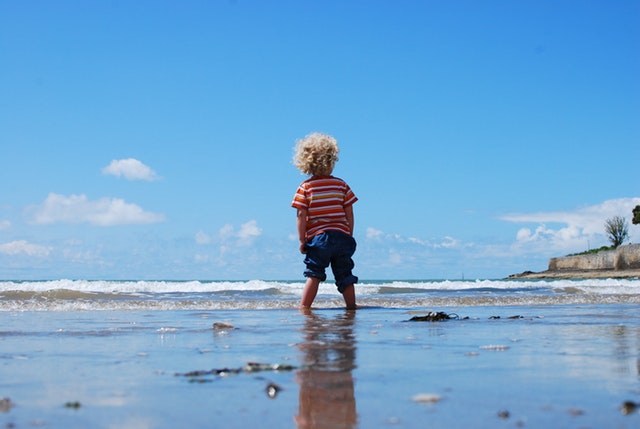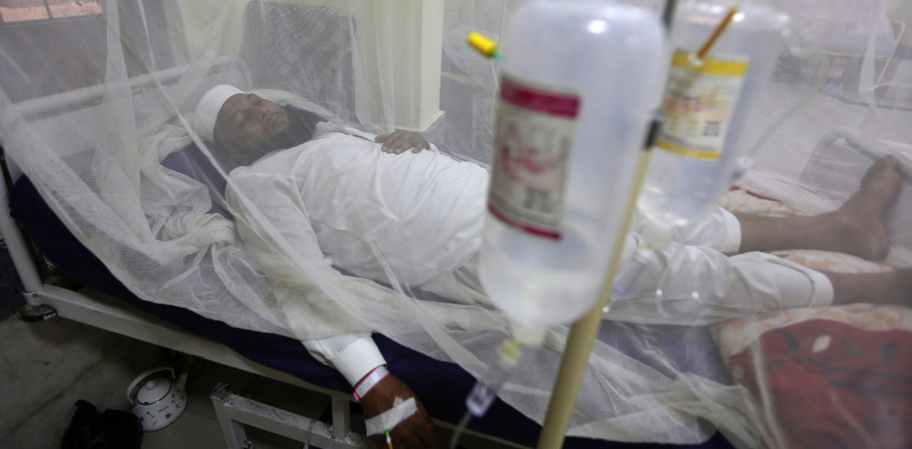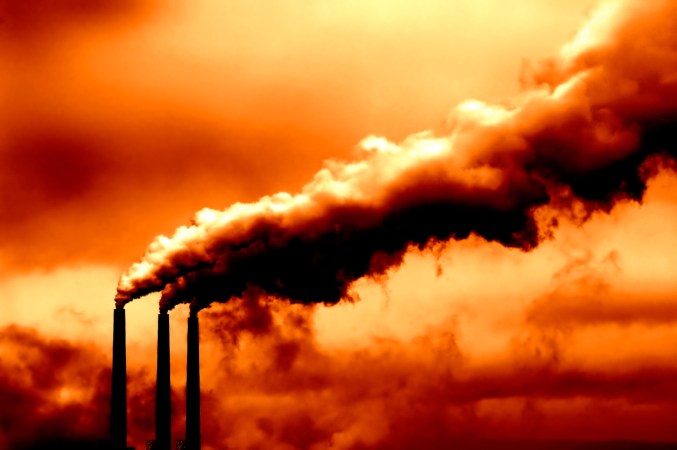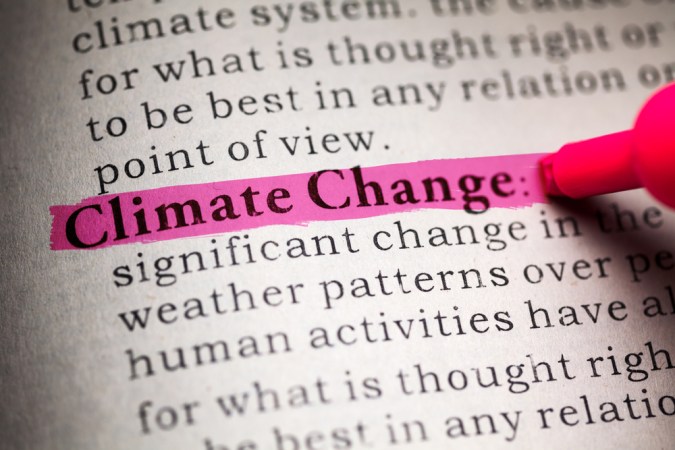

During October, 2015, it was abnormally hot in San Diego. Daytime temperatures soared into the high 90s, and evenings were only modestly cooler. Night after night, the heat kept Nick Obradovich awake. His friends and colleagues were having the same experience, sleepless at night, lethargic and grumpy during the day. “Clearly the heat was taking a toll,” he said. “It was just too hot to sleep.”
After several nights of tossing and turning, Obradovich — who studies how people interact with climate — decided he would investigate how global warming will impact sleep quality, and who might suffer the most.
He and his colleagues at UC San Diego turned up some disturbing findings. Over the coming decades, soaring temperatures could rob Americans of millions of nights of quality sleep, with the poor and elderly most affected. They published their results in a new study in the journal Science Advances.

“Concern over climate change has kept climate scientists up at night for years with worry, but now it may also keep the rest of us awake, not from worry — but from real discomfort,” said Obradovich, now a postdoctoral fellow at Harvard’s Kennedy school of government and a research scientist at the MIT Media Lab. “What our study shows is not only that ambient temperature can play a role in disrupting sleep but also that climate change might make the situation worse by driving up rates of sleep loss.”
Health experts have long stressed the importance of getting a good night’s sleep. Studies have shown that those who get less than seven hours of sleep nightly are more prone to obesity, high blood pressure, diabetes, coronary heart disease, stroke, mental disorders and death, according to the Centers for Disease Control and Prevention. More than one-quarter of Americans say they occasionally fail to get enough sleep, and nearly one in ten suffer from chronic insomnia.
“Poor sleep and less sleep have a wide range of impacts,” said Sara Mednick, a sleep researcher at UC Riverside and a coauthor of the study. “It can impact immune function. People have a greater likelihood of getting sick.”
One natural mechanism the body uses to signal the brain that it’s time to fall asleep is by lowering its core temperature. “If you’re sleeping in a hot room, your body can’t do that very efficiently if the external temperature is too high,” Mednick says.
Researchers used data from 765,000 U.S. residents collected by CDC surveys between 2002 and 2011. The scientists linked self-reported nights of insufficient sleep to daily temperature data from the National Centers for Environmental Information. They determined the effect of unusually warm temperatures on sleep and used climate projections to gauge the future impact of global warming.
Insufficient sleep was defined as “not enough sleep, difficulty falling asleep or falling back asleep, waking up during the night, not feeling rested when they woke up,” Obradovich said. Researchers found that nightly temperatures 1 degree Celsius above normal would mean 110 million extra nights of insufficient sleep each year for all Americans.

Not surprisingly, the research found the harmful effects of warmer-than-normal nights are more pronounced in the summer. The elderly and low-income Americans are especially vulnerable. Older people typically don’t sleep as well as younger people. They also have a harder time regulating their body temperature. For the low-income, air conditioners are a luxury many cannot afford.
Even with those challenges, the United States is better off than most countries. Americans enjoy higher incomes and a more temperate climate than most people in the developing world.
“I wasn’t sure we would see an effect,” Obradovich says. “But, in fact, we do observe an effect, which suggests if we had data from [developing countries] we might observe greater effects. We don’t have sleep data from around the world, but assuming the pattern is similar, one can imagine that in places that are warmer or poorer or both, what we’d find could be even worse.”
Marlene Cimons writes for Nexus Media, a syndicated newswire covering climate, energy, policy, art and culture.




